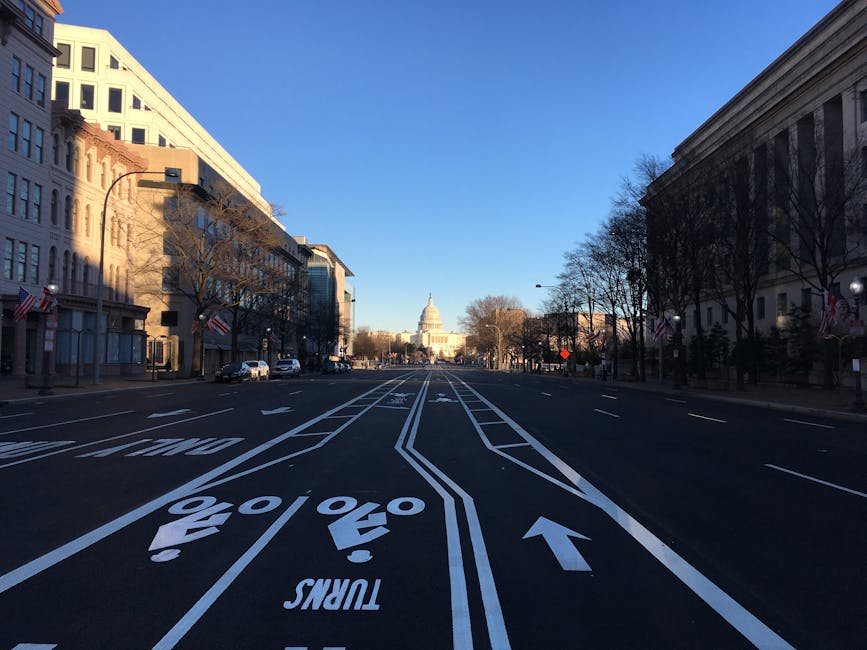A Rare Bipartisan Consensus on Banning Stock Trades
In an era of deep political division, lawmakers from both parties agree on one issue: members of Congress should be barred from trading individual stocks. Recent polls show 70-80% of Americans, including Democrats, Republicans, and independents, support the ban, citing concerns over insider trading and conflicts of interest.
High-profile scandals have fueled public outrage. In 2020, senators faced accusations of dumping stocks before the COVID-19 market crash, while others have been scrutinized for well-timed trades in defense, tech, and energy stocks—industries tied to their legislative work.
Legislative Efforts Face Speaker Johnson’s Slowdown
Two key bills aim to address the issue:
– Bipartisan Ban on Congressional Stock Trading Act (Sens. Ossoff & Hawley)
– TRUST in Congress Act (Reps. Spanberger & Roy)
Despite bipartisan backing, House Speaker Mike Johnson (R-LA) has not scheduled a vote. Critics accuse him of intentionally stalling, while supporters claim he’s navigating internal GOP resistance.
“Every week without a vote makes it seem like leadership hopes this issue just disappears.”
—Senior Democratic aide
Why Is Johnson Holding Up the Ban?
- Republican Pushback: Some GOP members oppose restrictions on personal investments.
- Fear of Expanded Ethics Rules: Passing this ban could lead to stricter transparency demands.
- Electoral Calculations: With 2024 elections looming, Johnson may avoid alienating incumbents.
Growing Pressure for Action
Good-government groups like Public Citizen warn that delays erode public trust. Reformers threaten workarounds, such as:
– Attaching the ban to must-pass bills
– Forcing a discharge petition (bypassing leadership)
If Congress fails to act, voters may take matters into their own hands. As one staffer noted: “Either they fix this now, or the ballot box will.”
— NextMinuteNews Staff




